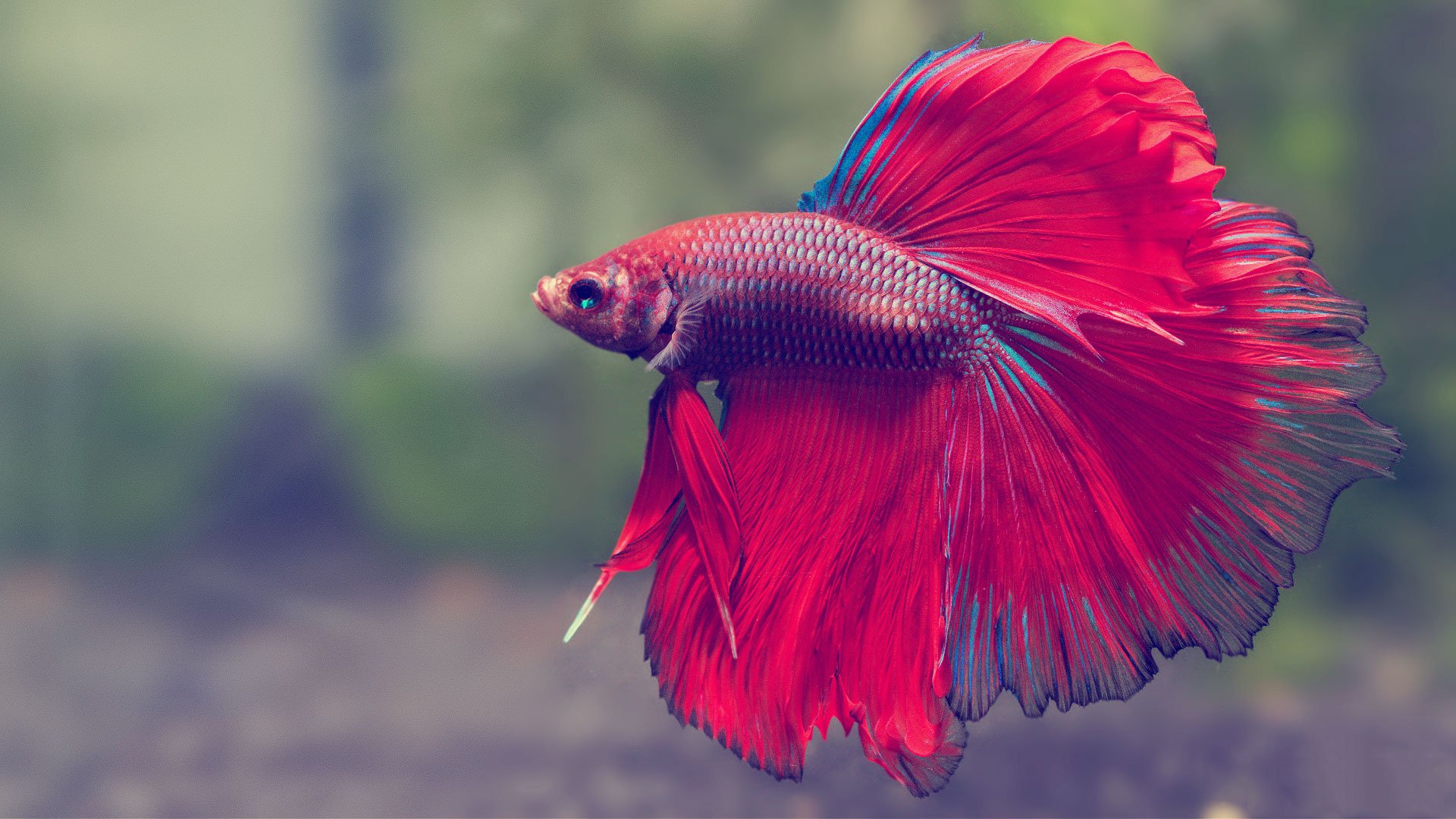Common Betta Fish Illness and Just How to Prevent Them
Common Betta Fish Illness and Just How to Prevent Them
Blog Article
All Regarding Betta Fish: Recognizing Their Special Needs, Actions, and the most effective Practices for Optimum Care
Comprehending the distinct demands and habits of Betta fish is crucial for any kind of aquarist looking to give ideal care. betta fish. As we check out these elements even more, the implications for both amateur and skilled fish caretakers end up being increasingly obvious, raising inquiries concerning just how best to suit these exceptional fish in our homes.
Betta Fish Review
Although typically admired for their lively shades and flowing fins, Betta fish, scientifically called Betta splendens, are intricate creatures that call for specific like flourish. Originating from Southeast Asia, these freshwater fish are understood for their territorial nature and special habits. Betta fish show sexual dimorphism, with males displaying a lot more dazzling shades and longer fins than ladies.
Their aggressive tendencies, especially among males, require mindful consideration when housing them. Bettas are often maintained in single-specimen tanks to avoid territorial conflicts. They can exist together quietly with particular suitable types in bigger community storage tanks, supplied the setting meets their demands.

To ensure ideal treatment, aquarists should recognize their unique behavior characteristics, dietary demands, and environment needs. betta fish. With correct interest, Betta fish can display their vibrant personalities and thrive in a properly maintained aquarium setting
Natural Environment and Environment
Betta fish flourish in a varied variety of natural environments, mostly located in the superficial waters of Southeast Asia, including rice paddies, swamps, and slow-moving streams. These settings are identified by cozy temperature levels, commonly between 75 ° F and 82 ° F(24 ° C and 28 ° C ), and a pH level varying from 6.5 to 7.5, which is suitable for their health and wellness and well-being.
In their natural environments, Betta fish are accustomed to dense plants, providing both shelter and breeding premises. The visibility of plants such as drifting water lilies and thick turfs not only offers defense from killers yet additionally contributes to the oxygenation of the water, which is essential for their respiratory requirements. Furthermore, these atmospheres often have locations of still water, enabling Betta fish to show their natural behaviors such as bubble nesting.
Understanding the natural environment of Betta fish is critical for fish tank lovers. Replicating these problems-- through water temperature level, pH equilibrium, and the incorporation of live plants-- can dramatically improve the general health and long life of these exciting fish, ensuring they thrive in a home aquarium setting.
Social Actions and Communications
Comprehending the social behavior and communications of Betta fish is crucial for successful fish tank management. Betta fish, or Siamese combating fish, are understood for their special behavior characteristics, identified mainly by territoriality and aggressiveness.
On the other hand, women Bettas show less hostile actions and can exist side-by-side in teams, recognized as sororities, if introduced appropriately. It is crucial to monitor their communications very closely, as power structure and supremacy can lead to problems. Recognizing the dynamics within a Betta community is vital; establishing hiding spots and making sure ample room can minimize aggressiveness.
Additionally, Betta fish may also present curiosity and social habits towards other varieties. While they can coexist with specific non-aggressive tank mates, it is important to pick compatible varieties to stay clear of anxiety and hostility. Overall, acknowledging these social interactions is vital to fostering an unified aquarium atmosphere for Betta fish.
Vital Treatment Guidelines
Giving look at these guys proper care for Betta fish is crucial to their health and wellness. Routine water modifications-- approximately 25% once a week-- assistance preserve water high quality.
Betta fish need an appropriate container size; a minimum of 5 gallons is advised to give adequate room for swimming and hiding. Consist of designs and plants to produce a stimulating environment, yet prevent sharp things that could hurt their fragile fins.

Last but not least, visit this page guarantee the tank is outfitted with a filter to maintain the water clean, yet use a mild filter to prevent strong currents that can emphasize the fish. By following these important care guidelines, proprietors can promote a healthy and dynamic Betta fish.
Common Wellness Issues and Solutions
In the care of Betta fish, recognition of common wellness problems is necessary for preserving their well-being. To deal with fin rot, enhance water problems and think about utilizing a broad-spectrum antibiotic.
An additional common condition is ich, a parasitic infection characterized by white areas on the fish's body (betta fish). Treatment entails boosting water temperature and including aquarium salt to the storage tank, as this can help get rid of the bloodsucker
Swim bladder problem is likewise regularly observed, bring about buoyancy issues. This condition might emerge from overfeeding or constipation. A fasting duration of 24-48 hours, complied with by a diet regimen of blanched peas, can provide relief.
Last but not least, bettas may suffer from velour illness, indicated by a gold dust-like look on their skin. Treatment usually requires medication especially made for outside bloodsuckers, together with improved tank health.
Normal monitoring of water criteria, maintaining a clean setting, and offering a well balanced diet plan are critical safety go to these guys nets. By attending to these health and wellness problems without delay, Betta fish can lead healthier, a lot more vibrant lives.
Verdict
In summary, successful betta fish care calls for an understanding of their unique needs and actions. Routine monitoring of health and wellness and water quality, along with a well balanced diet plan, contributes to the durability and vibrancy of betta fish.
Report this page